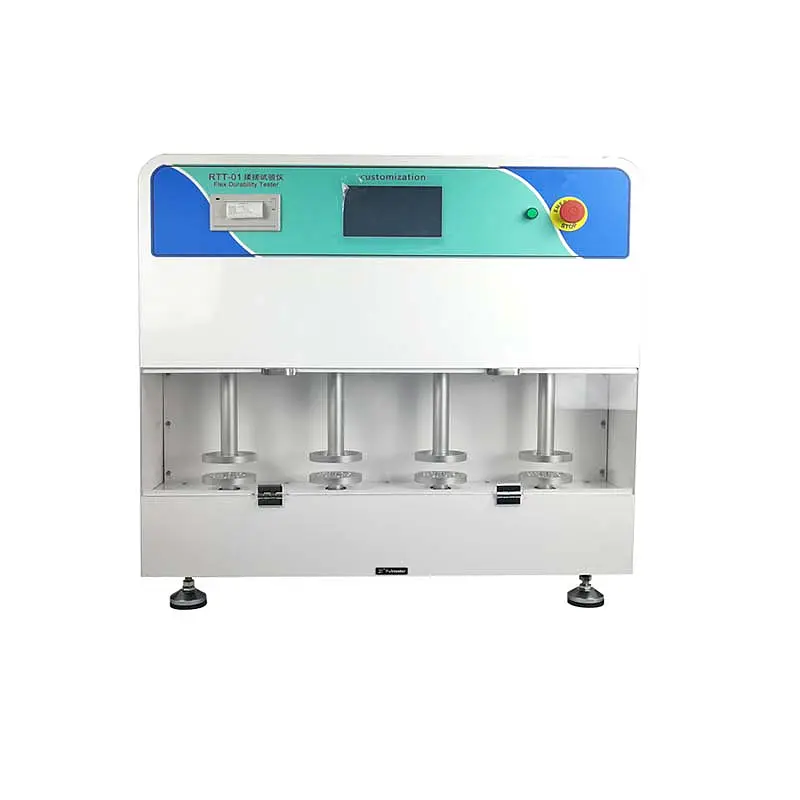The Gelbo Flex Tester is just one of many instruments used for material testing, and each instrument has its own specific applications and advantages.
Here are a few comparisons of the Gelbo Flex Tester with other commonly used material testing instruments:
Tensile Strength Tester: The tensile strength tester measures the maximum tensile stress that a material can withstand before breaking. Unlike the Gelbo Flex Tester, the tensile strength tester does not measure the material’s flexibility or resistance to cracking. However, it is useful for determining the strength of a material under tension, which can be important for materials used in applications where they are subjected to high forces.
Impact Tester: The impact tester measures the ability of a material to absorb energy when struck by a falling weight. This is useful for materials used in applications where they are likely to be impacted by objects or forces. Unlike the Gelbo Flex Tester, the impact tester does not measure the material’s flexibility or resistance to cracking, but it does provide information about the material’s toughness and ability to withstand impact.
Abrasion Tester: The abrasion tester measures the ability of a material to resist wear and tear caused by friction. gelbo flex tester supplier This is useful for materials used in applications where they are likely to rub against other surfaces, such as textiles or conveyor belts. Unlike the Gelbo Flex Tester, the abrasion tester does not measure the material’s flexibility or resistance to cracking, but it does provide information about the material’s durability over time.
In summary, while each instrument has its own specific applications and advantages, the Gelbo Flex Tester is particularly useful for measuring a material’s flexibility and resistance to cracking, which is important for materials used in applications where they are subjected to repeated bending or flexing.
How does the Gelbo Flex Tester measure a material’s flexibility and resistance to cracking?
The Gelbo Flex Tester measures a material’s flexibility and resistance to cracking by subjecting it to repeated bending or flexing. The instrument works by clamping a sample of the material at both ends and then flexing it back and forth at a constant rate while measuring the number of flexes or cycles required to cause failure or cracking.
During the test, the pendulum arm of the Gelbo Flex Tester swings back and forth, exerting a bending force on the sample. The sample is repeatedly flexed back and forth at a constant rate, typically at a frequency of 300 cycles per minute. The number of flexes or cycles required to cause failure or cracking is recorded, and this provides a measure of the material’s flexibility and resistance to cracking.
The Gelbo Flex Tester can be used to test a wide variety of materials, including plastics, films, laminates, and paper. The results of the test can be used to evaluate the suitability of a material for its intended use, to compare different materials, or to assess the effects of environmental factors such as temperature and humidity on the material’s performance.
Overall, the Gelbo Flex Tester is a useful instrument for evaluating a material’s flexibility and resistance to cracking, which are important properties for materials used in applications where they are subjected to repeated bending or flexing, such as packaging and printing materials.
